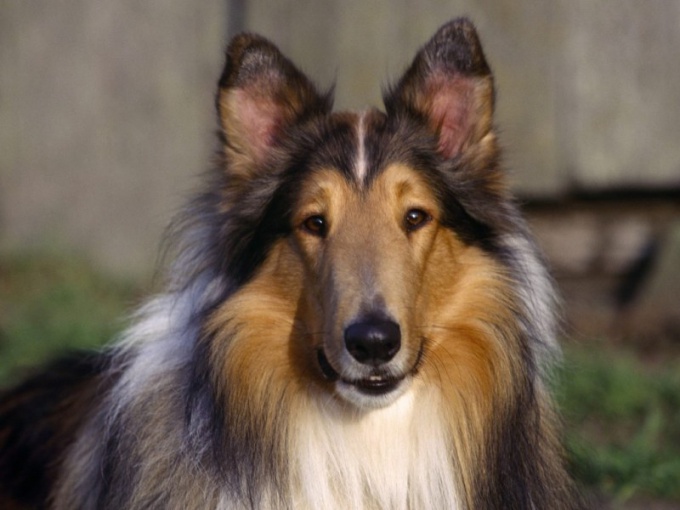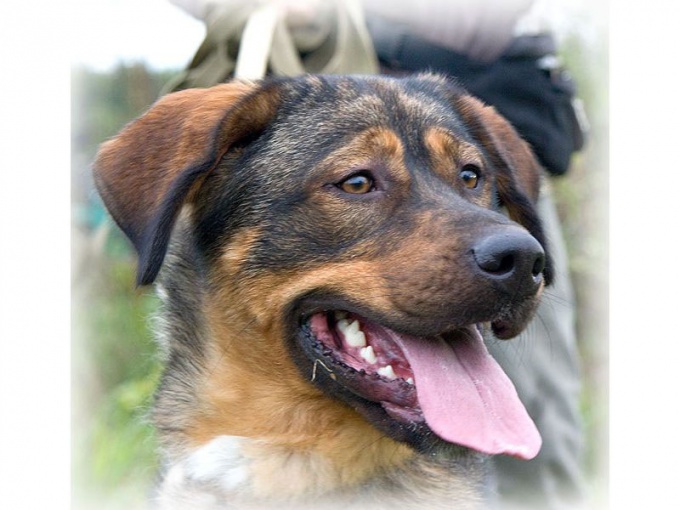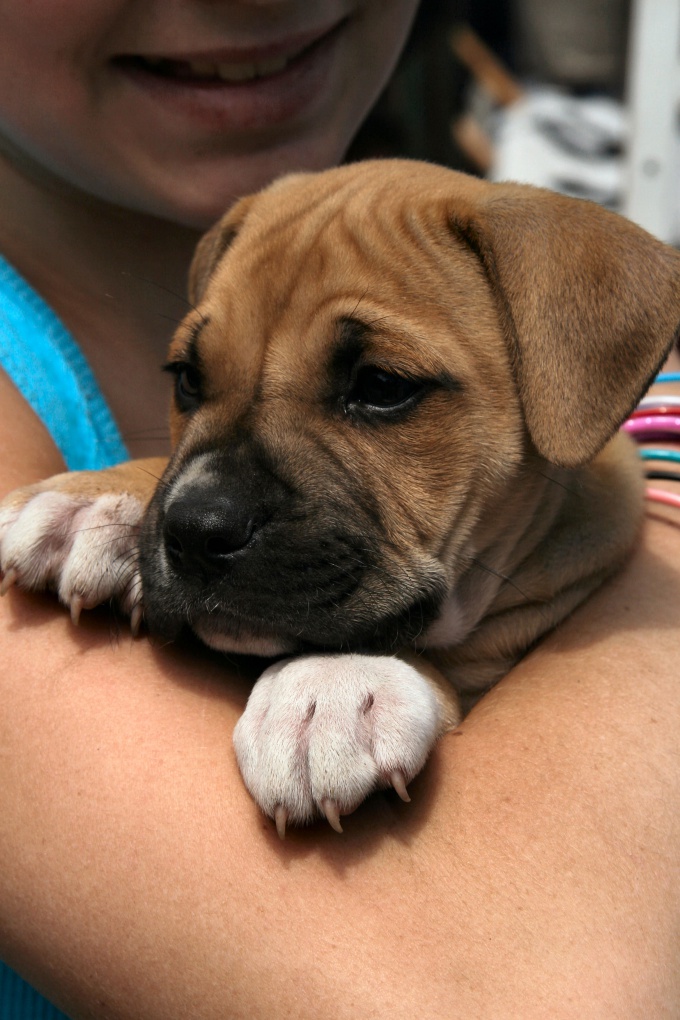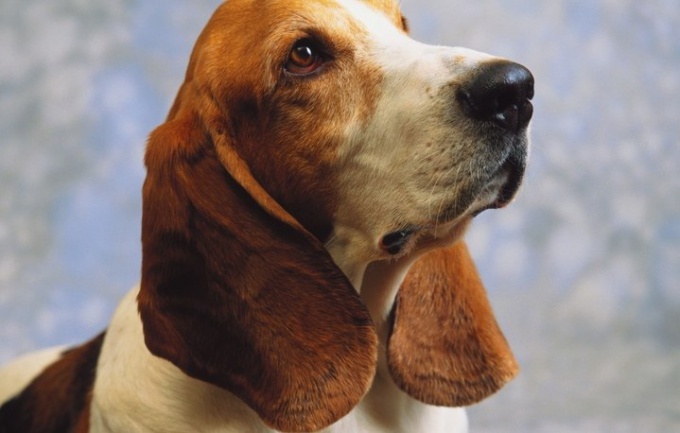Instruction
1
Treatment of gastritis in acute form includes the daily starvation diet, taking medications to protect the mucous membrane (zantac, kvamatel, gastrozepin), medium with antacid, enveloping and soothing local effect (Almagel, Maalox, aluminium phosphate gel, etc.), antiemetics (reglan, reglan) laxatives, or drugs (English bitter salt). Antibiotics should be given only on prescription.

2
To reduce the fluid deficit incurred due to severe vomiting or diarrhoea, the dog can be put on a drip. At high dehydration and the small mass of the animal can not do without it. To put an IV preferably in a hospital environment, where the experts will be able to choose the right ingredients and the volume of intravenous infusion.

3
A special diet is an important component of the treatment of gastritis. Feed your dog small portions, light and astringent foods - jelly, mucous broths, gravies, minced meat, vegetable soups. Let's drink only warm water.

4
The development of chronic gastritis is often associated with its acute form. In some cases, both varieties of the disease indeed interrelated, but not always. An important condition for the emergence of chronic gastritis is long-term exposure to pathogenic factors that violate the normal update mechanisms of the gastric mucosa. Treat chronic gastritis in accordance with the symptoms. If vomiting occurs give antiemetics, constipation – laxative, etc.

5
Chronic gastritis in dogs usually occurs with high or low content of acid in gastric juice. In the acidity of the animal observed constipation at lower – diarrhea. For an accurate diagnosis and treatment is necessary to study the gastric juice.

6
Before feeding the dog with chronic gastritis it is recommended to give Almagell. Meals should be small and well shredded, allowed vegetable and meat soups, eggs, dairy products are excluded raw vegetables and fruits. Be sure to provide your pet care and peace – is one of the most important factors for recovery.
